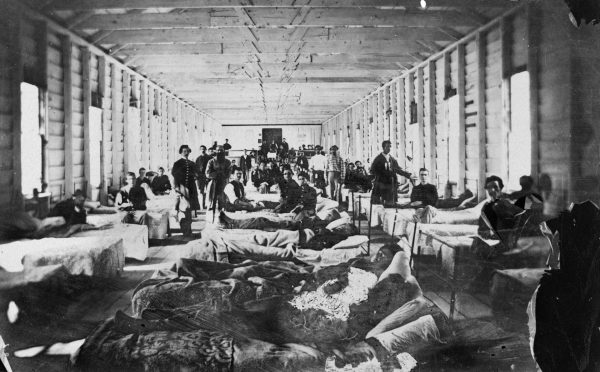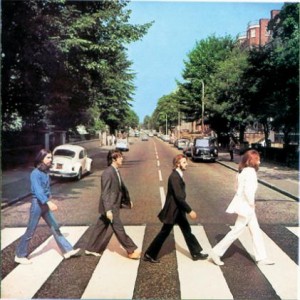As we observe Remembrance/Veterans Day this year, let’s take inspiration from Walt Whitman.
When Whitman received word that his dear brother George had been wounded in the Civil War, he searched for him high and low in field hospitals. To Walt’s joy, George was eventually found, only slightly wounded. But in the process Walt was exposed for the first time to the horrors of war. In one hospital he visited, near Fredericksburg (site of a horrendous battle), outside the makeshift building he saw a heap of severed human limbs: arms, legs, hands, feet—enough for a full load on a one-horse cart. Even as he watched, a fresh amputation was tossed unceremoniously out the window. It was a hot, sultry day; flies swarmed over the pile of ragged flesh, raising an infernal buzz as loud as the stink was putrid.
Here was a sight Walt would never, could never, forget. Yet such was his great heart that he did not react with revulsion, merely, but with profound compassion. For the next three years, until the end of the war, the good gray poet would devote himself to caring for those wounded and dying soldiers in field hospitals. With every patient he visited he jotted down pertinent details: name, rank, regiment, bed number, nature of wound, personal requests, and names and addresses of family. He carried a ready supply of paper and pens for those wishing to write home, and if a man was too weak to write for himself, Walt took dictation or else wrote the letter for him. He distributed gift bags of fruit, cookies, brandy, shirts, handkerchiefs, socks, underwear, and he fulfilled personal requests for everything from pipe and tobacco to horehound candy and ice cream.
By war’s end Walt had personally visited some 100,000 wounded soldiers. From all his wartime experiences he distilled a volume of poems, Drum Taps, which includes the following gem:
A sight in camp in the daybreak gray and dim,
As from my tent I emerge so early sleepless,
As slow I walk in the cool fresh air the path near the hospital tent,
Three forms I see on stretchers lying, over each the blanket spread,
Gray and heavy blanket, folding, covering all.
Curious I halt and silent stand,
Then with light fingers I from the face of the nearest just lift the blanket;
Who are you elderly man so gaunt and grim, with well-gray’d
hair, and flesh all sunken about the eyes?
Who are you my dear comrade?
Then to the second I step—and who are you my child and darling?
Who are you sweet boy with cheeks yet blooming?
Then to the third—a face nor child nor old, very calm, as of
beautiful yellow-white ivory;
Young man I think I know you—I think this face is the face
of the Christ himself,
Dead and divine and brother of all, and here again he lies.
Next Post: The Invention of Hell: An Interview with Death





